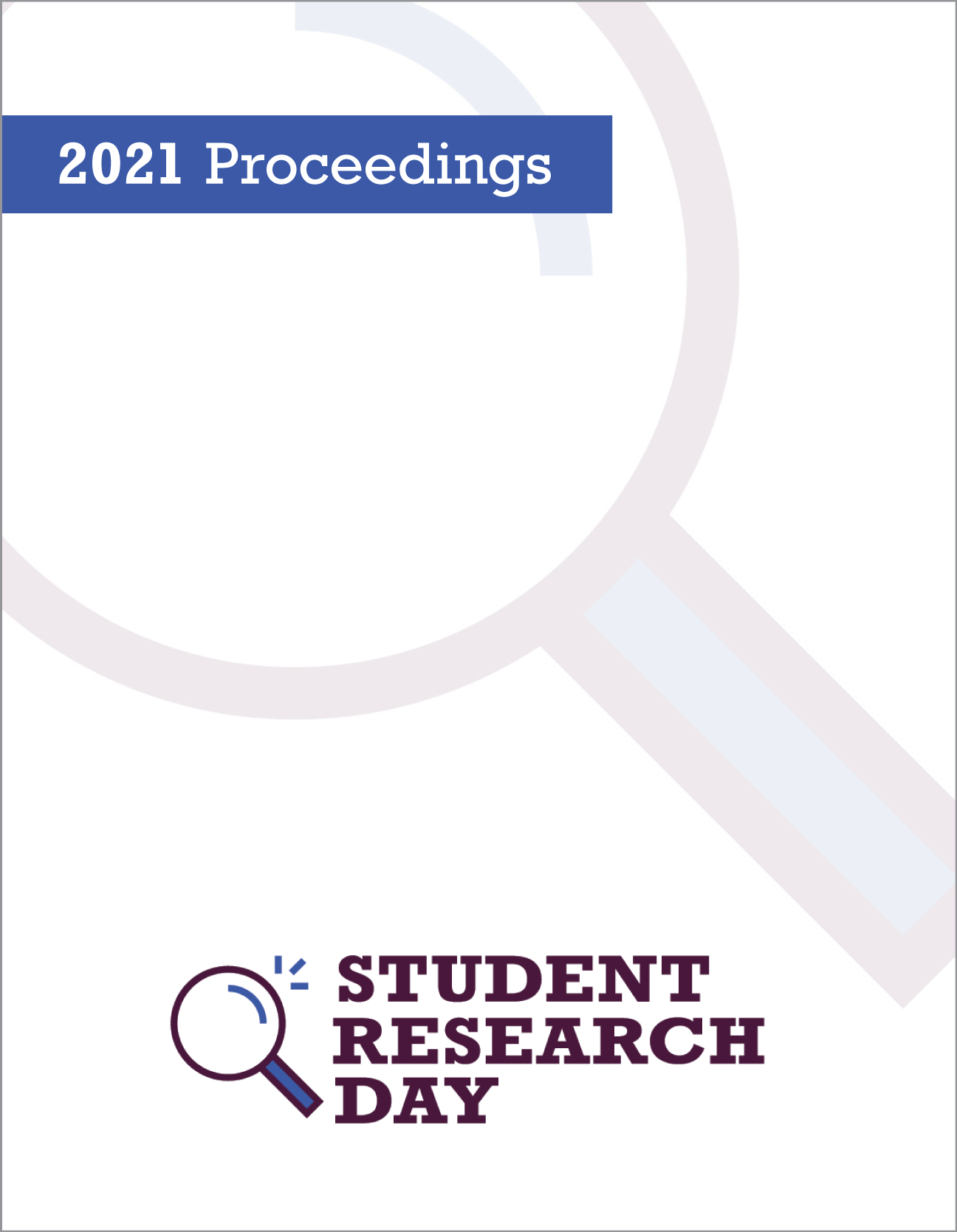Do Incremental Theories of Well-Being and Other Well-Being Beliefs Predict Prosocial Spending?
Abstract
Research has revealed that prosocial spending is associated with greater well-being than is personal spending. Given this link, well-being beliefs may predict the degree to which people endorse prosocial spending relative to personal spending. In Study 1, it was predicted that incremental mindsets toward well-being and eudaimonic well-being beliefs would be associated with prosocial spending and autonomous reasons for prosocial spending. Results showed that undergraduate students (N = 288) with greater eudaimonic and lower hedonic well-being beliefs demonstrated an increased preference for prosocial spending and autonomous reasons for prosocial spending, controlling for socially desirable responding. In Study 2, it was predicted that the cultivation of an incremental mindset and the delivery of knowledge regarding the benefits of prosocial spending would interact to enhance the intention to engage in prosocial spending. Undergraduate student participants were randomly assigned to a mindset intervention, a benefits-of-prosocial-spending intervention, both interventions, or neither intervention. Results revealed that undergraduate students (N = 84) assigned to the incremental mindset of well-being condition demonstrated a greater endorsement of prosocial spending. The implications of the current research will be discussed, including mechanisms by which well-being beliefs are or are not associated with prosocial spending.
Department: Psychology
Faculty Mentor: Dr. Andrew Howell
References
Published
Issue
Section
License
Authors retain any and all existing copyright to works contributed to these proceedings.



